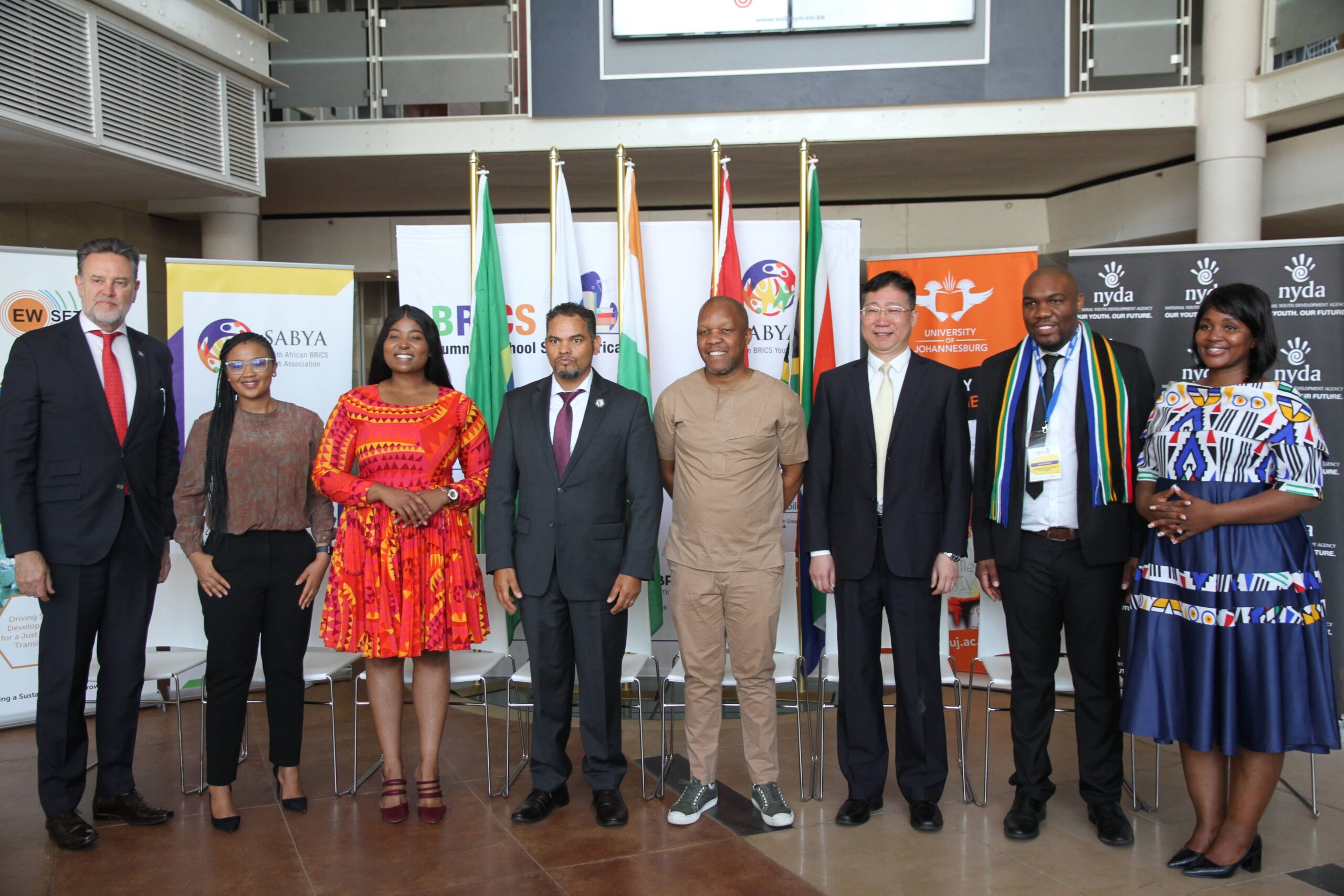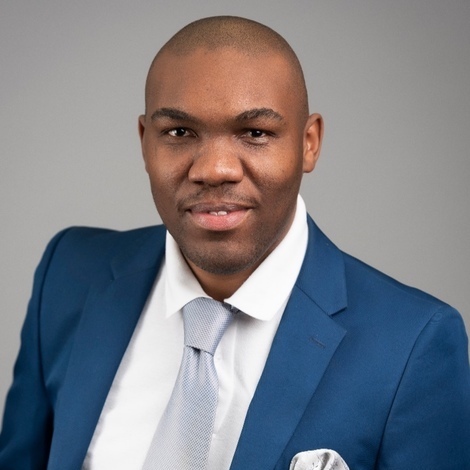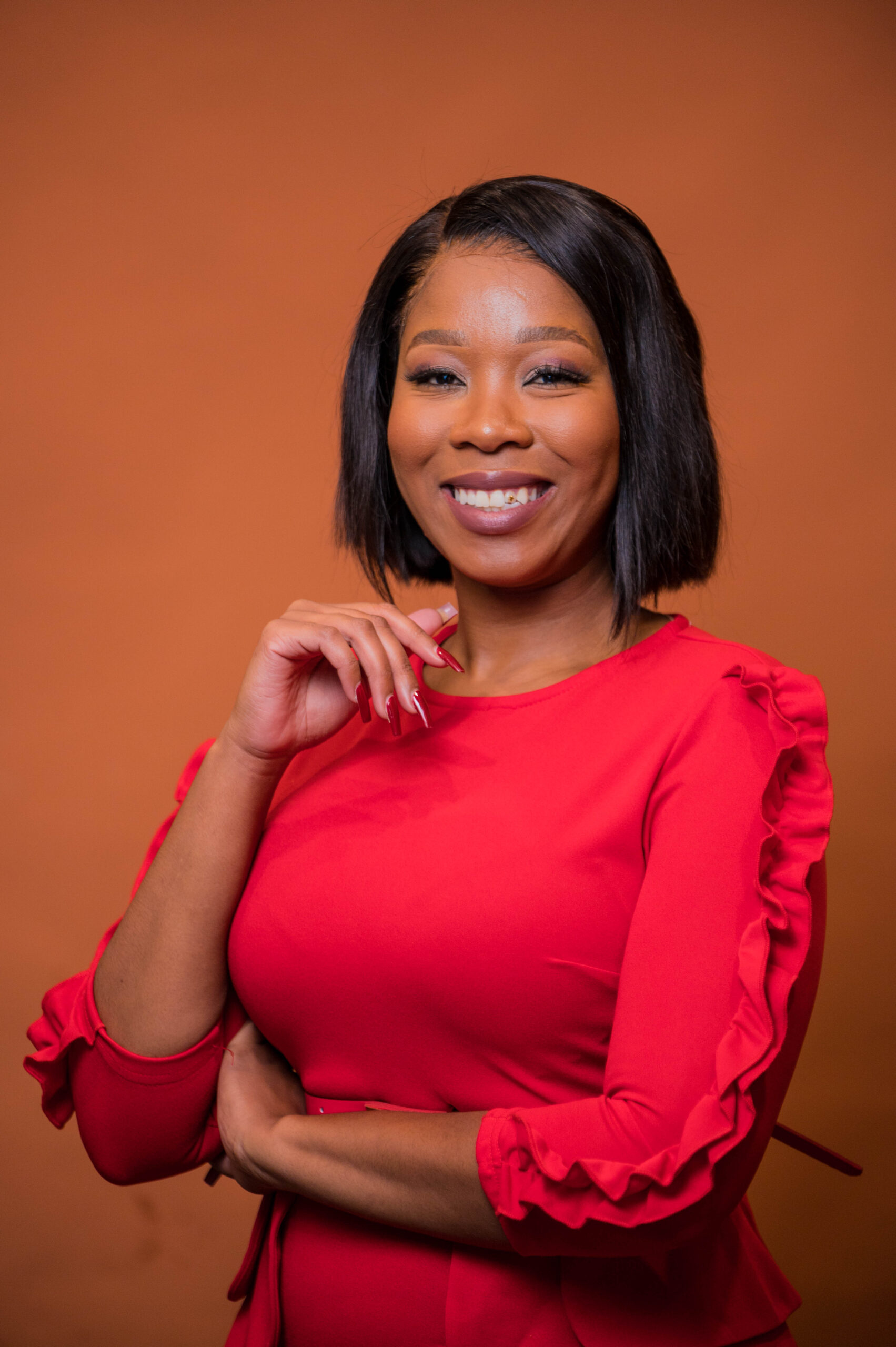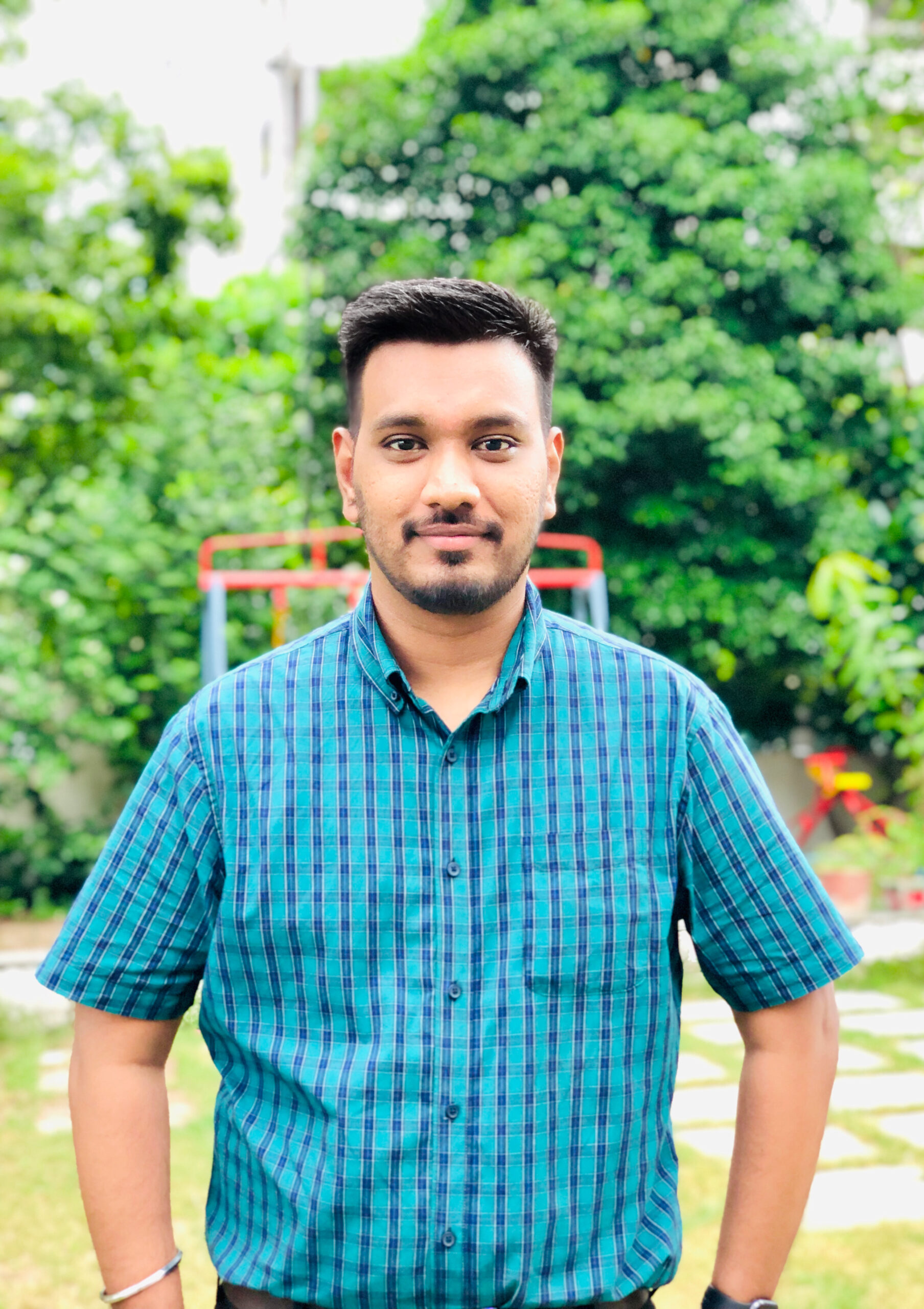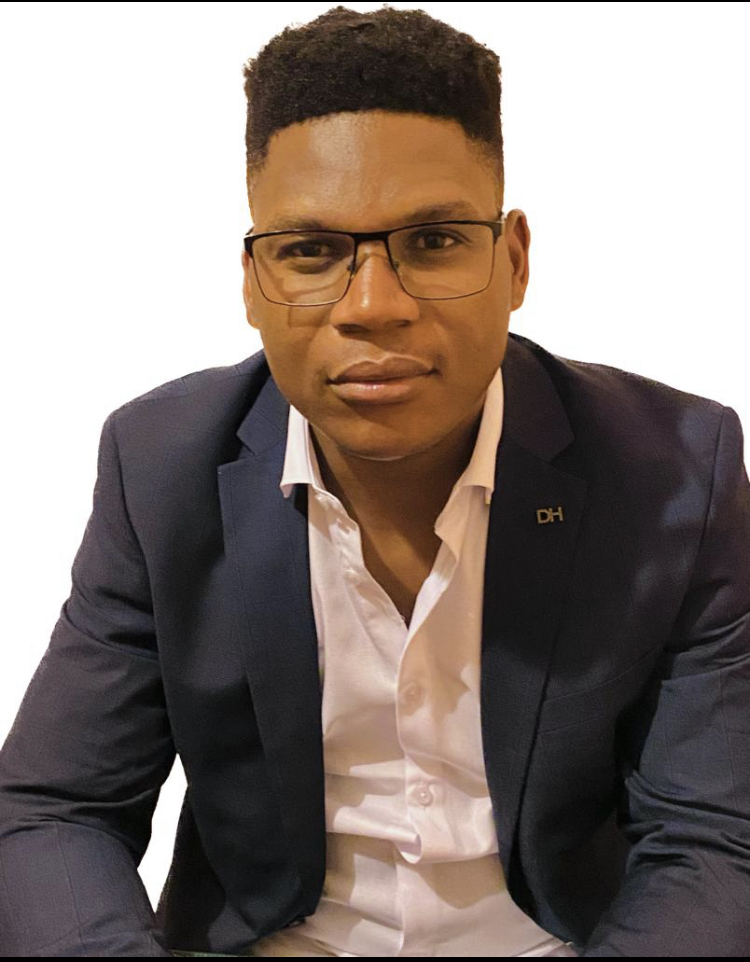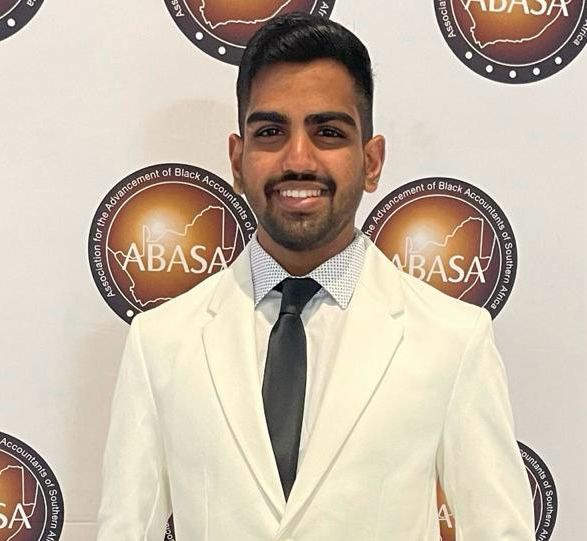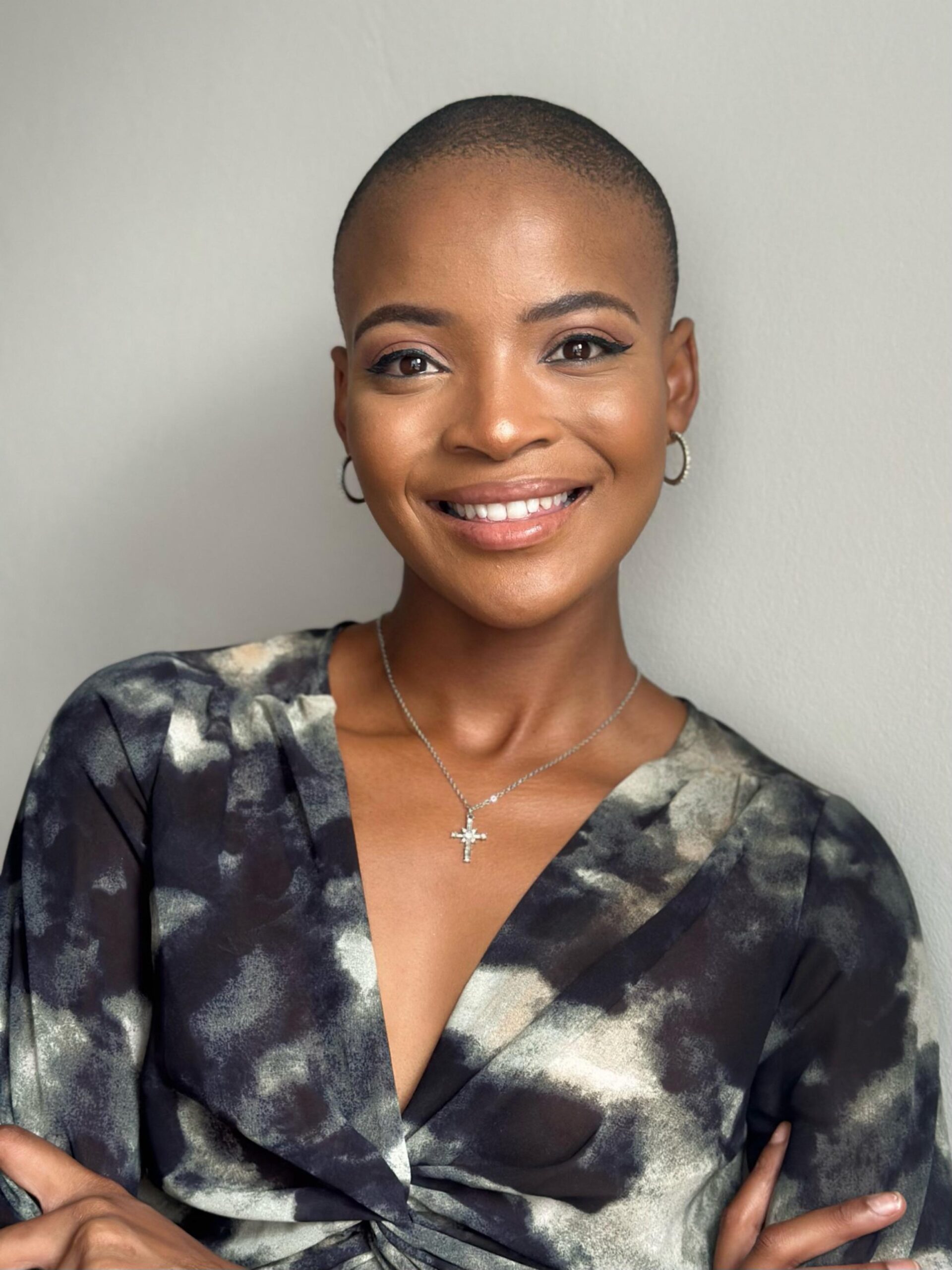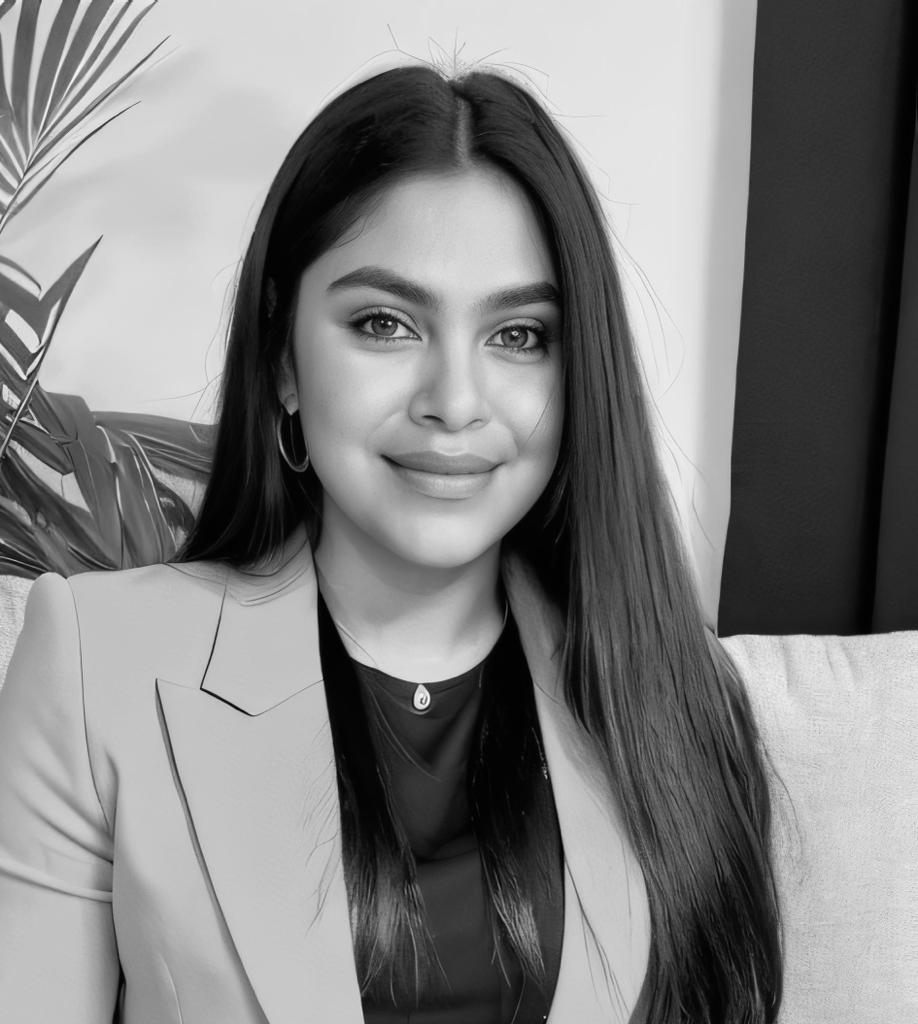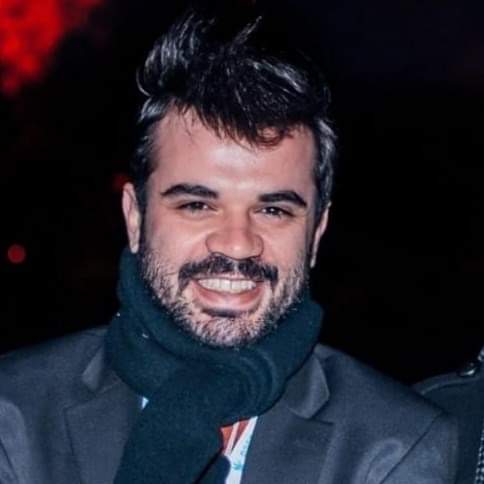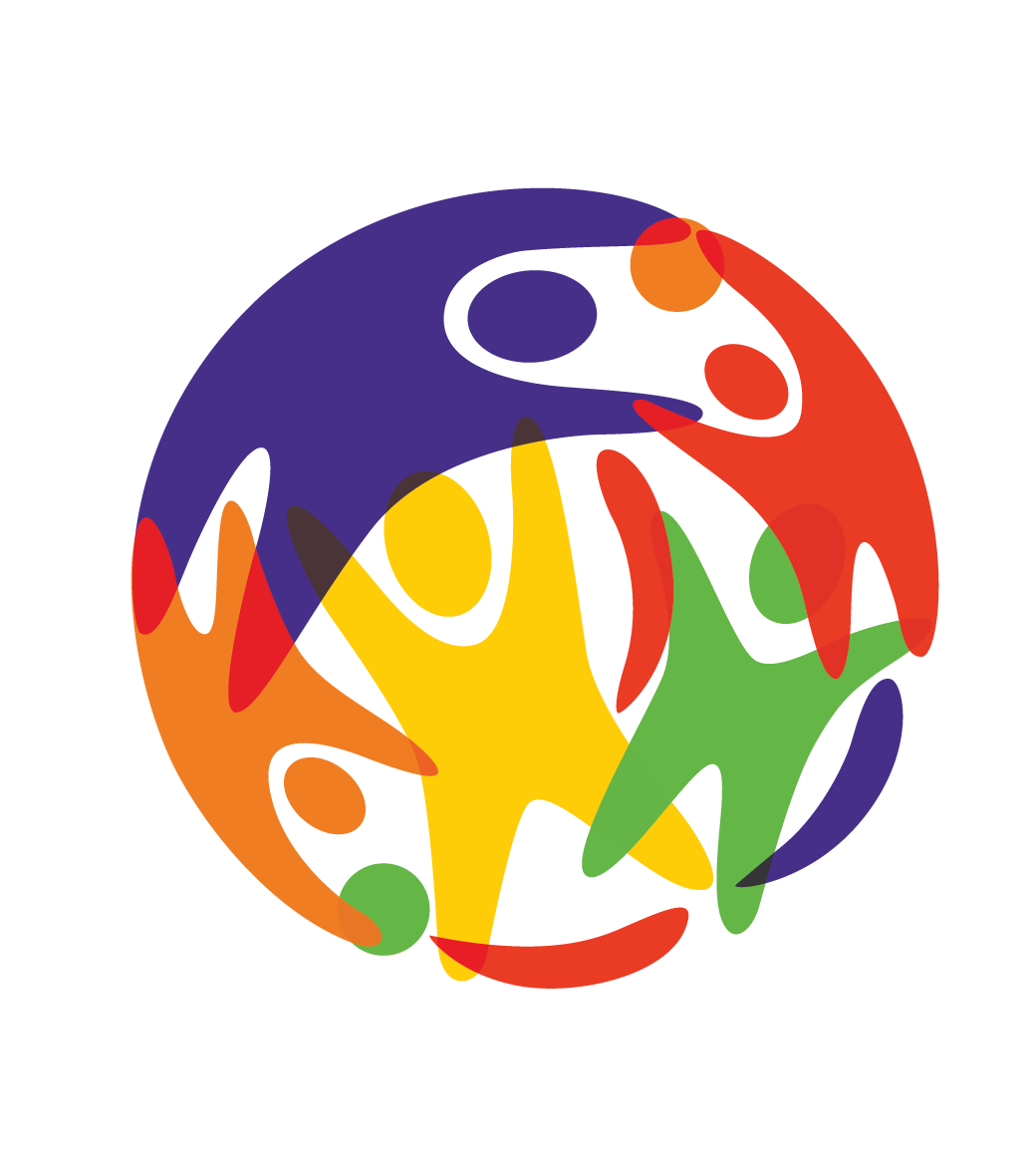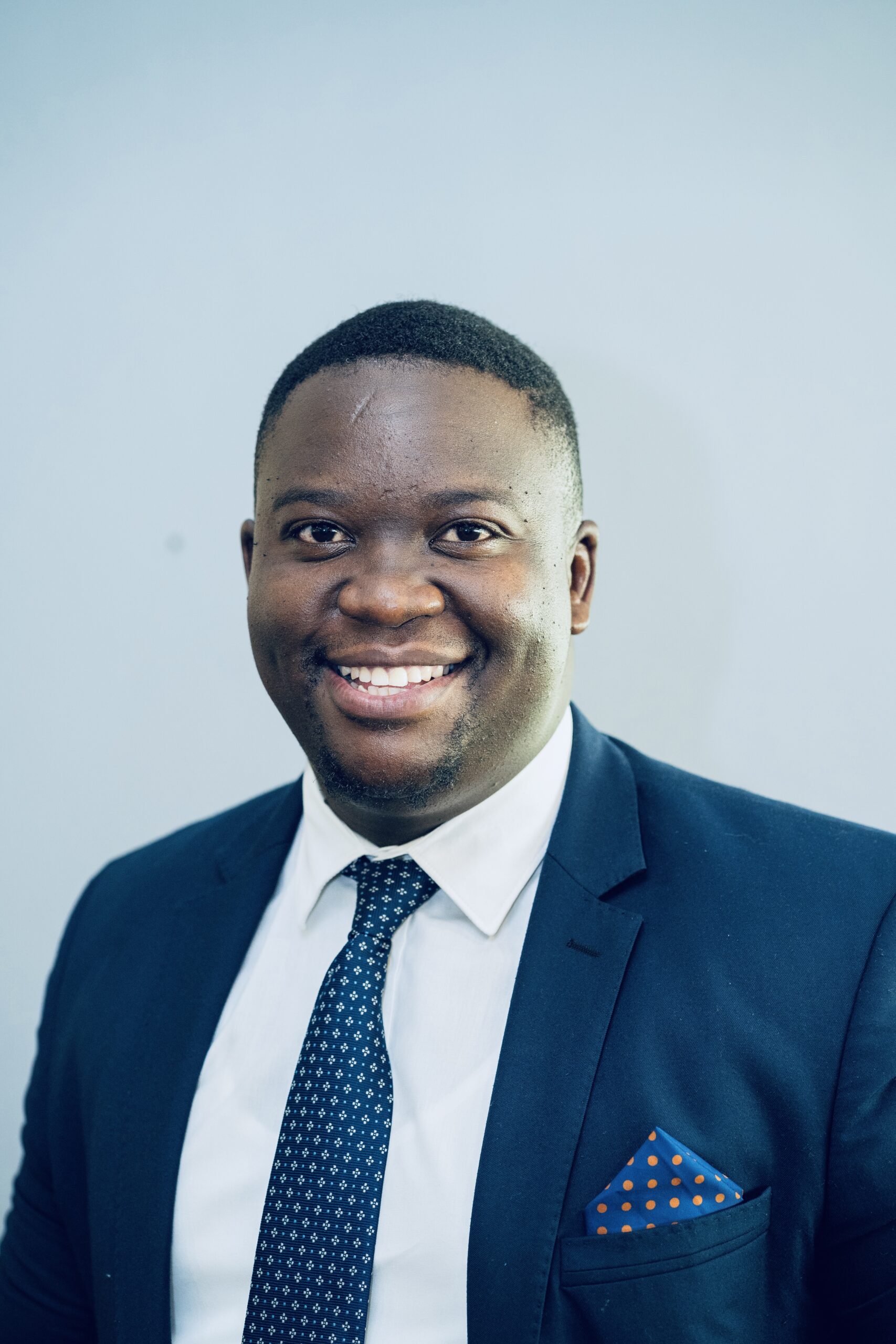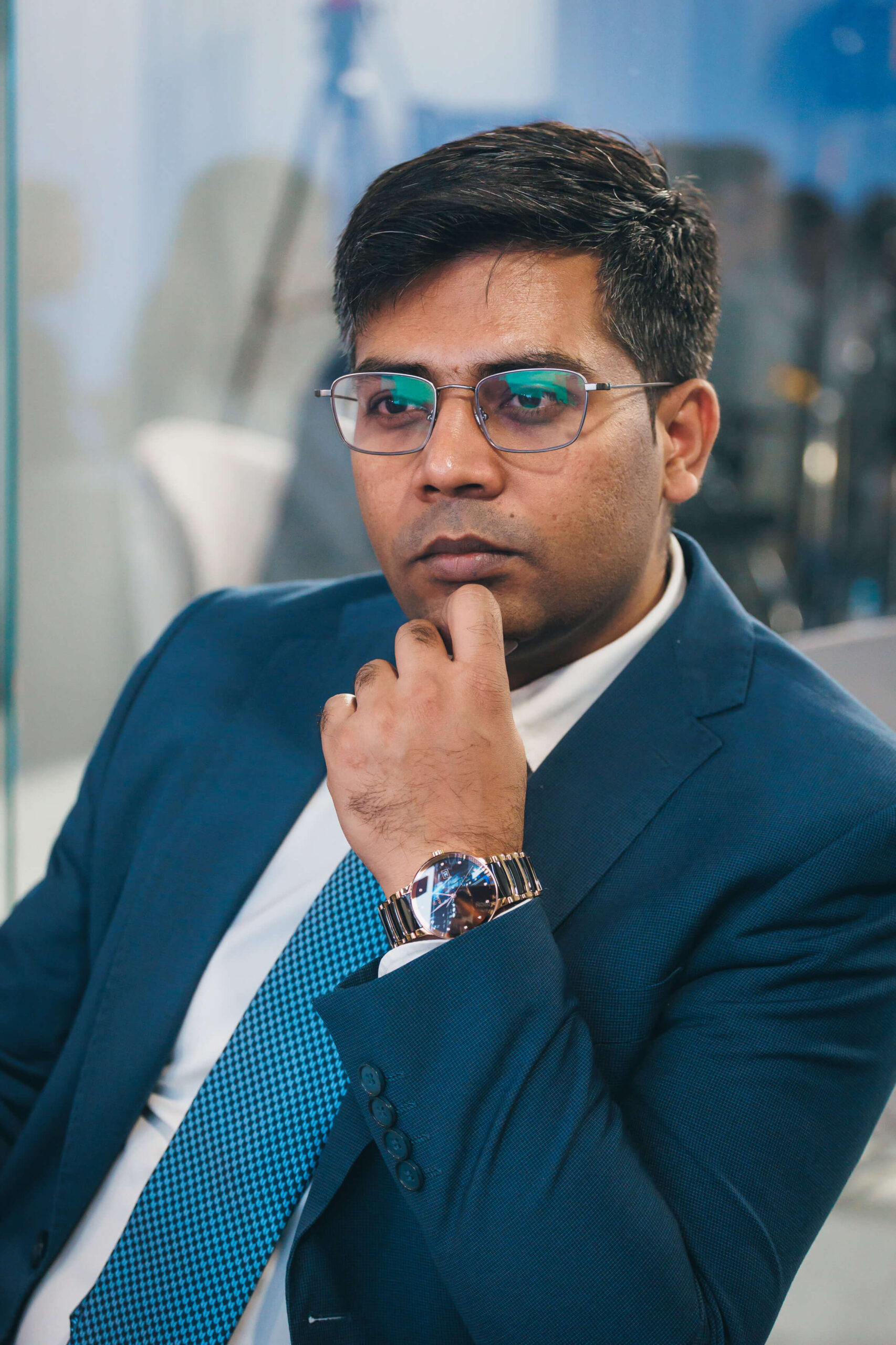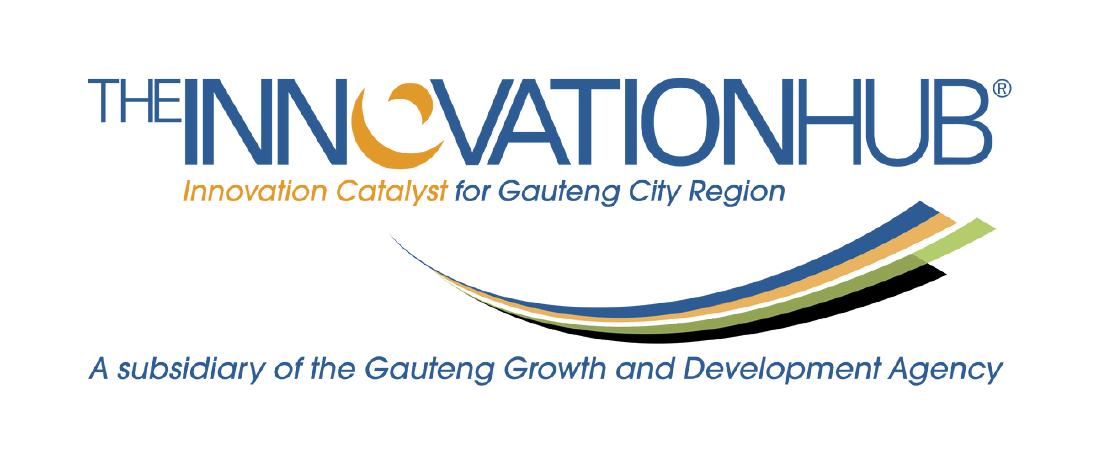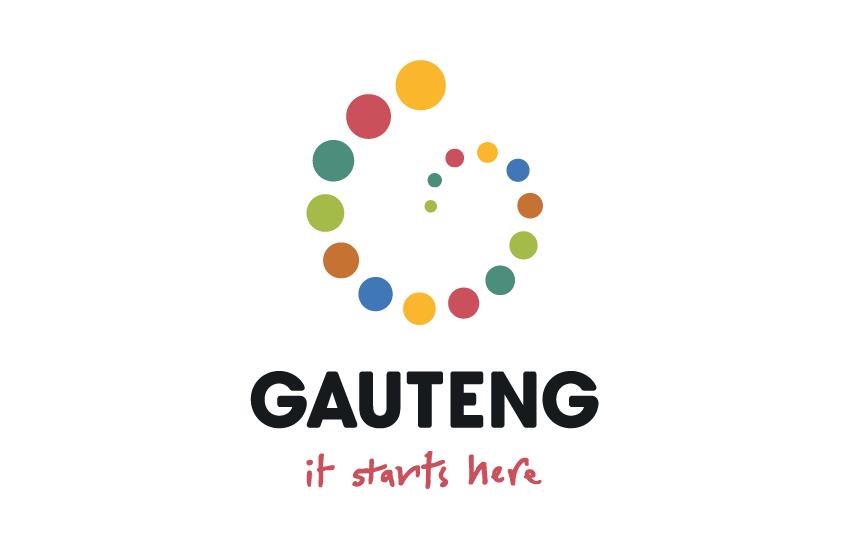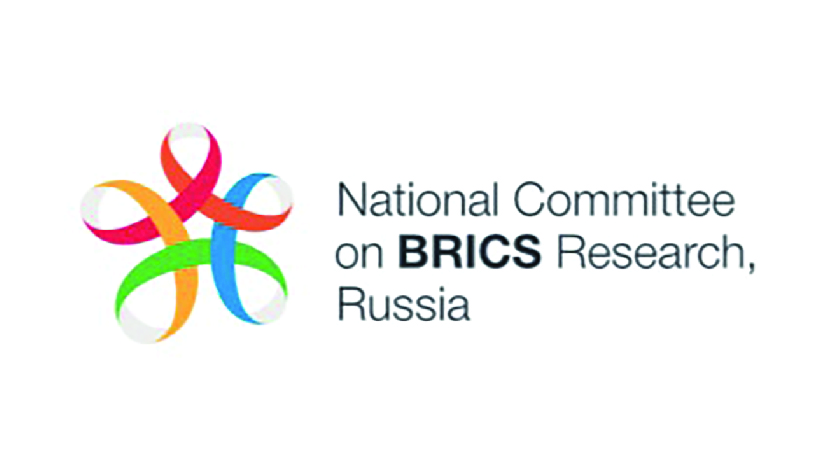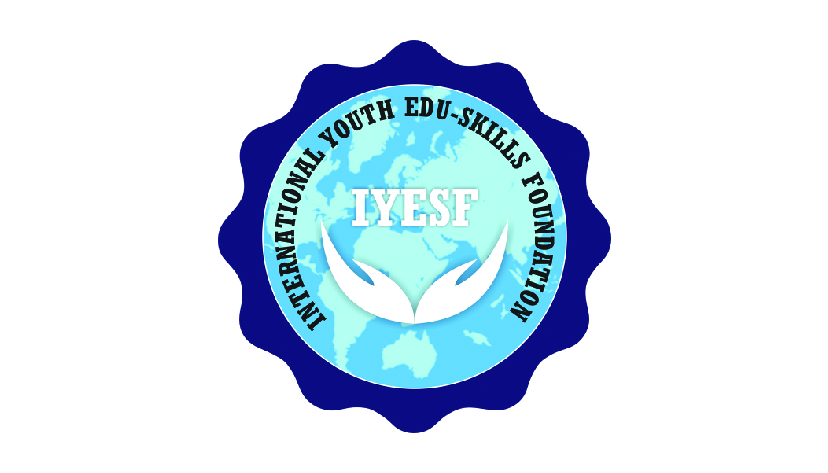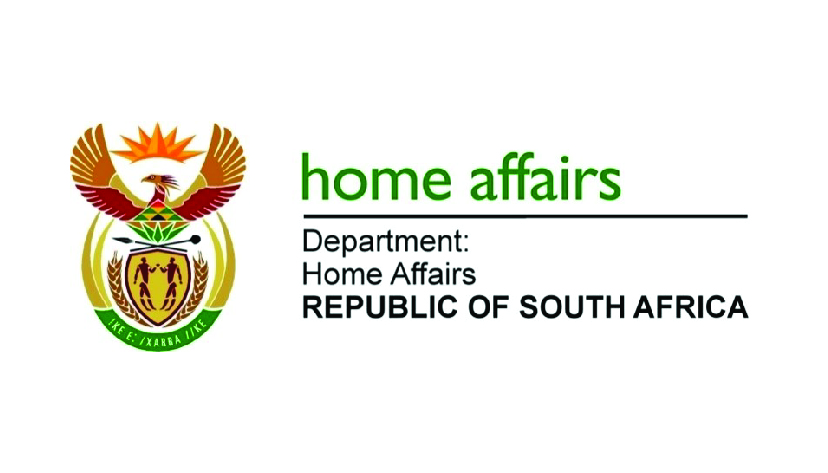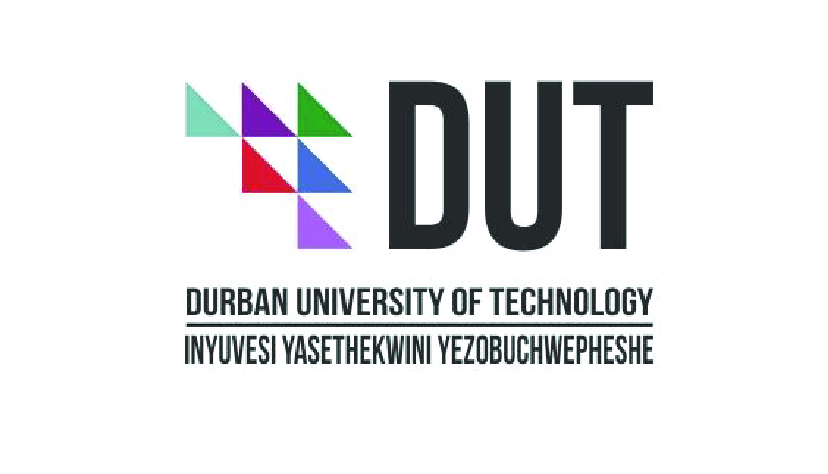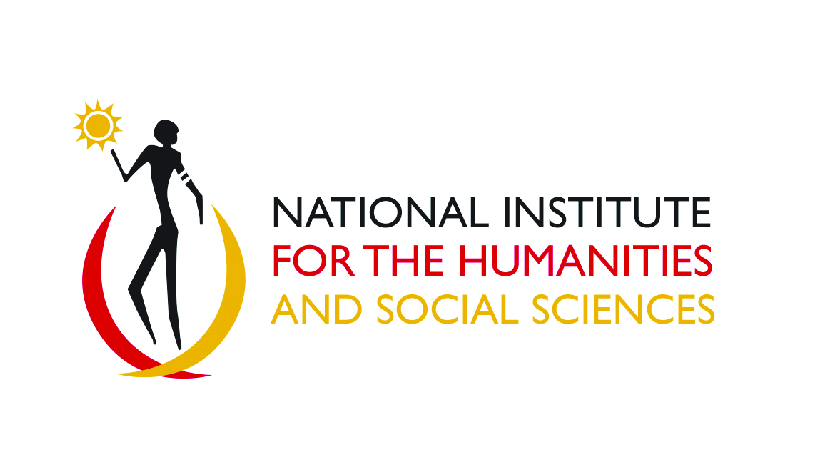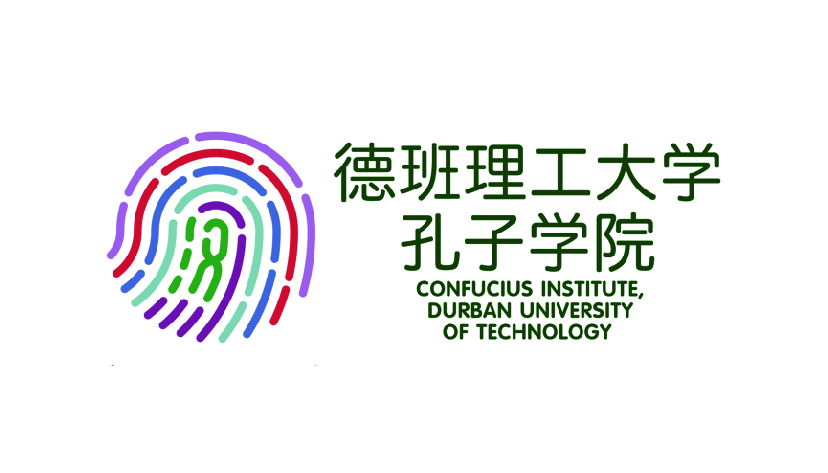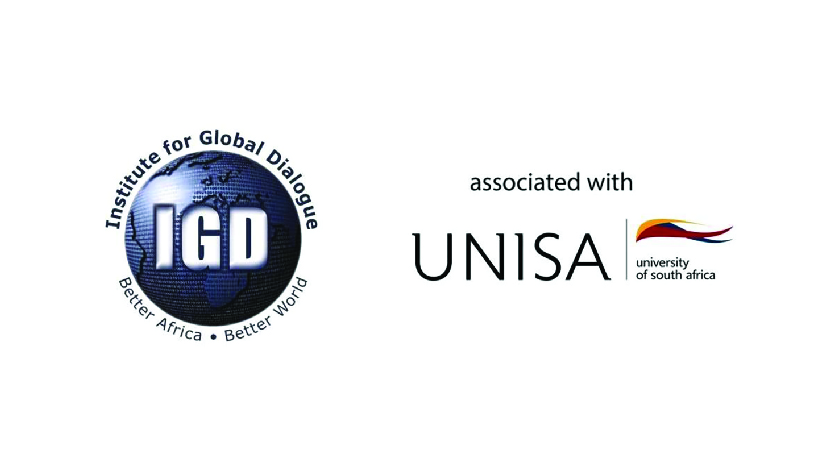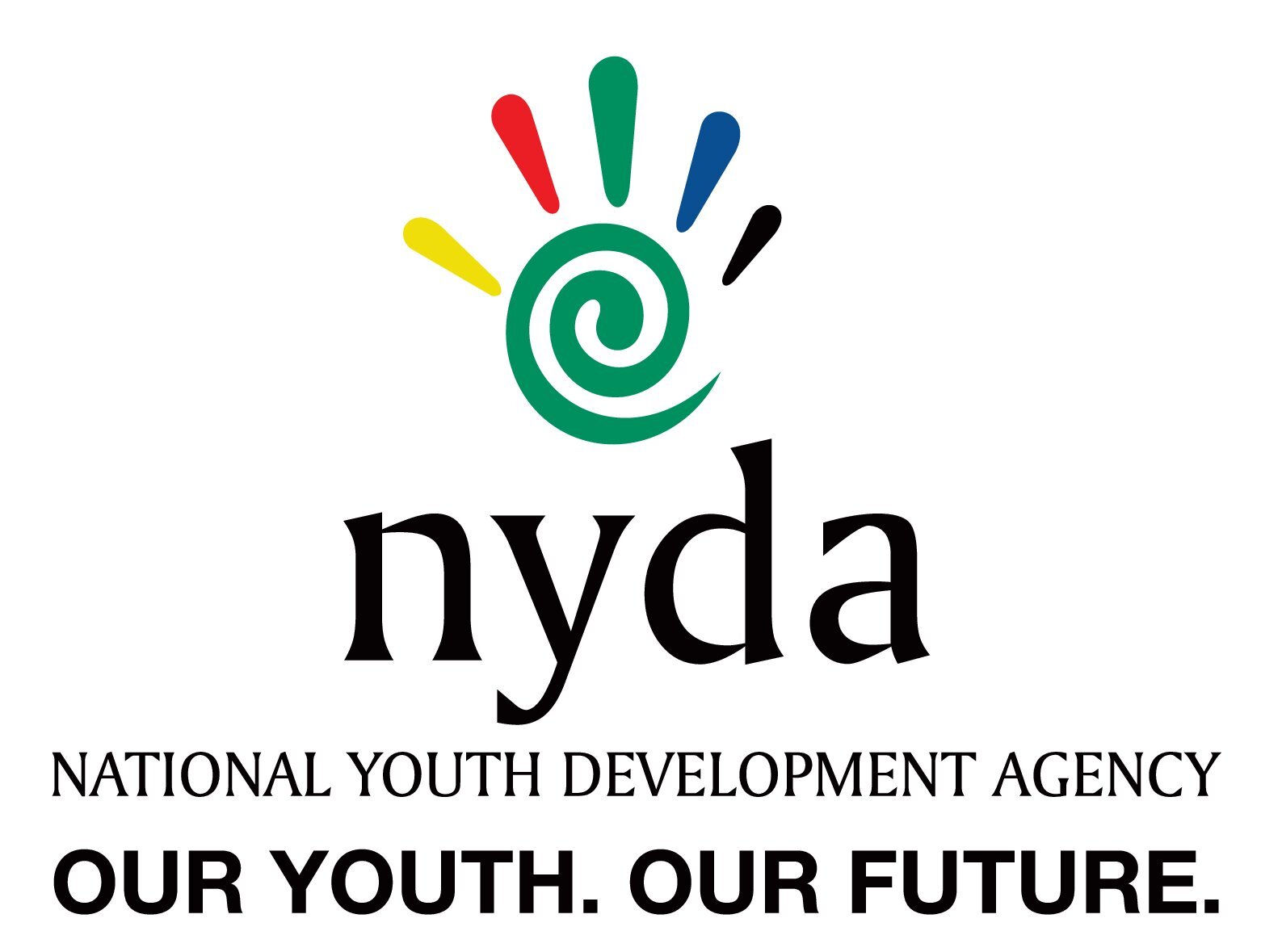RAYMOND MATLALA
Founder and Executive Chairman
Raymond is a seasoned strategic leader with over a decade of experience across diverse sectors such as education, civil society, and youth development. Raymond is currently pursuing a PhD in Business Administration. Raymond's involvement in various organizations and diverse teams reflects his commitment to social change, social cohesion, and building meaningful relationships. He has actively contributed to international youth forums, holding positions such as Technical Advisor and Country Representative for SADC Youth Council, Chairperson/Country Head for BRICS Chamber of Commerce and Industry Young Leaders, and Regional Director for World Youth Summit Organisation. His passion for education and youth development led to the founding of the South African BRICS Youth Association in 2017, showcasing his entrepreneurial spirit and commitment to fostering youth leadership.His extensive international participation includes representing South Africa in over 50 international forums. This highlight his dedication to fostering international cooperation, diplomacy, and shaping strategies for youth engagement within the BRICS+ countries. Raymond's journey is characterized by a remarkable balance of local impact and global influence, earning him recognition as a leader and contributor on the world stage, has garnered prestigious awards that underscore his outstanding contributions to academia, entrepreneurship, and civil society. Notable among these accolades are the National Research Foundation Doctoral Scare Skills scholarship, recognizing his commitment to advancing knowledge in business administration, and his recognition as Enactus South Africa National Senior Alumni of the Year in 2019, showcasing his leadership impact within the organization. Raymond's global influence is further exemplified by his nomination as Enactus Global Alumni of the Year, inclusion in the Top 100 BRICS Entrepreneurs in 2022, and recognition as one of the Top 100 South African Shining Stars in Civil Society, affirming his stature as a leader with a profound impact on both local and international fronts.



